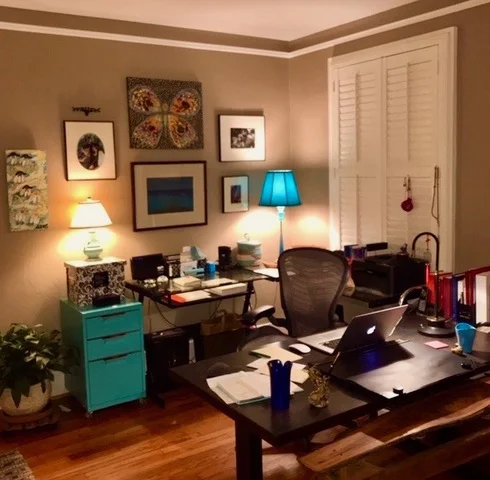During a recent trip to London, I was surprised by all the languages I heard on the street: a lot of European ones, especially Polish and French, but also quite a bit of Hindi, Farsi, Turkish, Korean, Arabic, Hausa, and other tongues I couldn’t identify. London was an international city back in the 1970s, but not this international. I could now catch as many snippets of conversation that weren’t in English as those that were. All this strangeness has freaked the British out—all of them, that is, except the Londoners themselves.
Curious about the change, I looked up the demographics when I got home. (Read on for some riveting statistics!) A report put out by Oxford last October says that the foreign-born population in the U.K. doubled between 2004 and 2017. Over half of these immigrants are concentrated in London, the rest scattered across England, Ireland, Scotland, and Wales. Ironically, this means that the Brits who fear immigrants the most—and voted to leave the European Union—live where there aren’t many immigrants.
London is worried. As I eavesdropped on people in restaurants and theaters, I kept hearing the word “Brexit.” It’s already sending the economy down the tubes, people said. David Cameron should have never called for a referendum. Parliament doesn’t know what it’s doing. This Brexit thing is going to drag on forever.
There are a lot of people in the U.K. and the U.S.—as well as in Eastern Europe—who are hell-bent on cutting ties, throwing up walls, and shielding their cultures from foreign contamination. As I picked up on the anxiety in London last week, the trend I’ve been reading about got a lot more real: the reaction against globalism is global. It’s happening all over, not just in the States.
But the reaction here is pernicious. Americans are being detained for leaving food and water along routes traveled by illegal immigrants fleeing gang violence. A woman in West Texas—a lawyer, no less—is facing possible federal charges for trying to help three young people who, having run out of food and water days earlier, desperately flagged her down.
It seems impossible that America has come to this. But like other liberal democracies, come we have. Enough people voted for Trump. Enough people voted for Brexit. The forces of tolerance and intolerance have assembled their pieces on the board. The question is what happens next. What kind of world do we want to shape? What kind of world will we have shaped—whether by apathy or action—twenty years from now?







